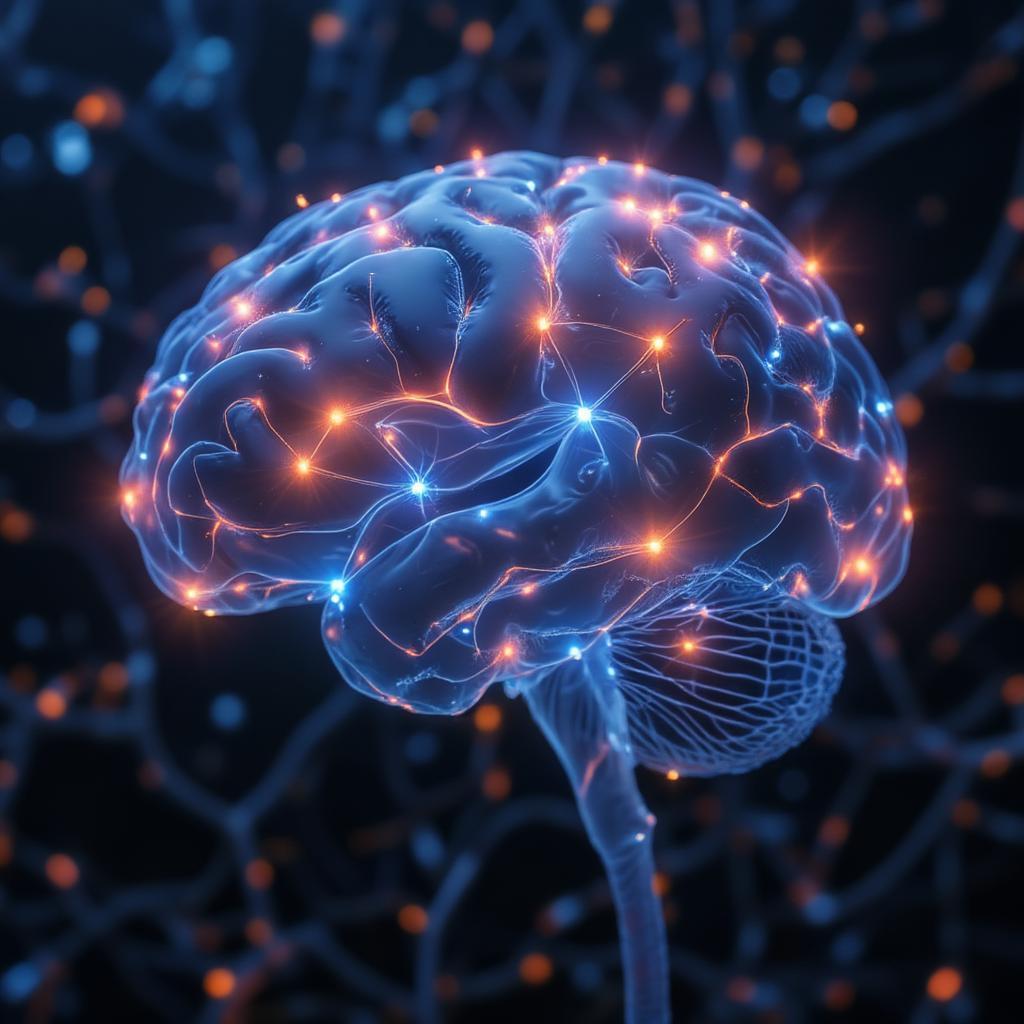What Does It Feel Like To Be In Love? It’s a question that has echoed through the hearts and minds of humans for centuries, a universal quest to understand the intoxicating, exhilarating, and sometimes terrifying experience of falling head over heels. It’s a complex cocktail of emotions, a blend of joy, vulnerability, and a touch of madness. This article delves into the multifaceted nature of love, exploring its physiological and psychological effects and answering the age-old question of what it truly means to be in love.
The Euphoric Rush: The Science of Love
Love isn’t just a feeling; it’s a complex chemical reaction happening within your brain. When you’re in love, your body releases a surge of hormones like dopamine, norepinephrine, and phenylethylamine. These neurochemicals create the euphoric rush, the butterflies in your stomach, the racing heart, and the sleepless nights spent thinking about your beloved. It’s this initial chemical cocktail that fuels the intense passion and desire characteristic of early love.
 The Hormonal Rush of Early Love
The Hormonal Rush of Early Love
Falling in love can feel like being on a natural high. Everything seems brighter, more vibrant, and full of possibility. You’re energized, focused, and intensely drawn to your partner. This intense focus, sometimes bordering on obsession, is driven by the same brain pathways activated by addictive substances. It’s why early love can feel so all-consuming. It truly is a powerful force.
Beyond the Honeymoon Phase: Attachment and Commitment
While the initial rush of hormones eventually subsides, it paves the way for deeper, more enduring feelings of attachment and commitment. Oxytocin and vasopressin, often called the “cuddle hormones,” come into play, fostering feelings of closeness, trust, and security. These hormones contribute to the formation of a strong bond, laying the foundation for a long-term, loving relationship. As love matures, it becomes less about the exhilarating highs and more about the quiet comfort and unwavering support you find in your partner.
What Does Being In Love Feel Like Emotionally?
Being in love affects you not only physically but also emotionally. It’s a tapestry of feelings, woven together to create a unique experience for every individual. There’s the overwhelming joy of simply being in their presence, the comfort and security of knowing you have someone to lean on, and the vulnerability that comes with opening your heart to another person. You find yourself thinking about them constantly, wanting to share every aspect of your life with them. You prioritize their happiness, and their well-being becomes intertwined with your own. For more insight into the nuances of love, you might find our article on what is love and being in love helpful.
Love’s Challenges: Navigating the Rough Waters
Love isn’t always rainbows and butterflies. It can also bring challenges, disagreements, and moments of doubt. Navigating these rough patches requires communication, compromise, and a willingness to work through difficulties together. Sometimes, love can feel like a crushing love, bringing intense emotional pain and confusion. Understanding your partner’s love language can help bridge communication gaps and strengthen your bond.
Conclusion: Embracing the Journey of Love
What does it feel like to be in love? It’s a whirlwind of emotions, a journey of discovery, and a constant evolution. It’s about embracing the highs and lows, the joys and challenges, and the continuous growth that comes with sharing your life with another person. While the initial intensity may fade, the love that remains is a deep, enduring connection that brings comfort, support, and unwavering companionship. What does it feel like to be in love? It feels like coming home.
FAQ
- Is it normal to feel anxious when in love?
- How do I know if I’m truly in love?
- How can I maintain the spark in a long-term relationship?
- What are the signs of a healthy relationship?
- How can I deal with the challenges of being in love?
- What if my feelings aren’t reciprocated?
- How can I express my love effectively?
If you’re curious about the different ways love can manifest, you might enjoy our article on who sang it must be love. Or, if you’re interested in the complexities of relationships in popular culture, you could check out our piece on what episode does rob go home love island.
For further assistance, please contact us via email at contact@daiduongtranhba.com or visit our office at Michigan Ave, Suite 3100, Chicago, IL 60611, USA. Our customer support team is available 24/7.

